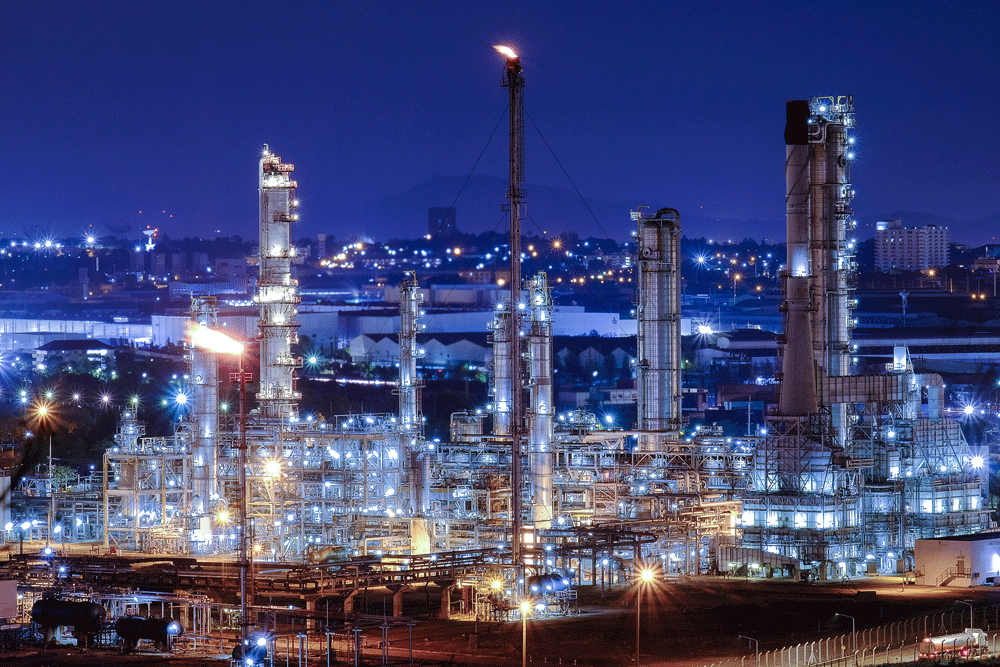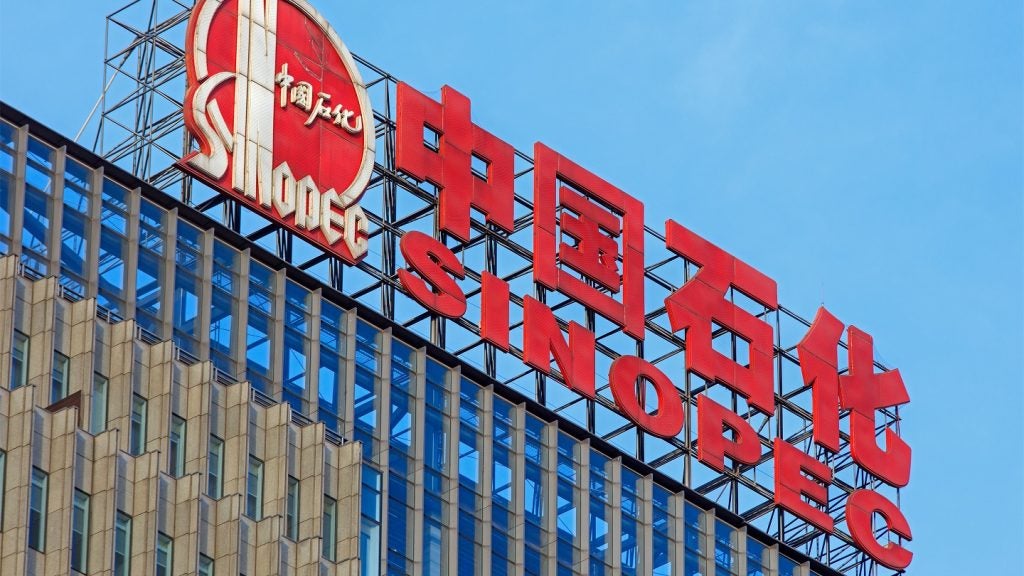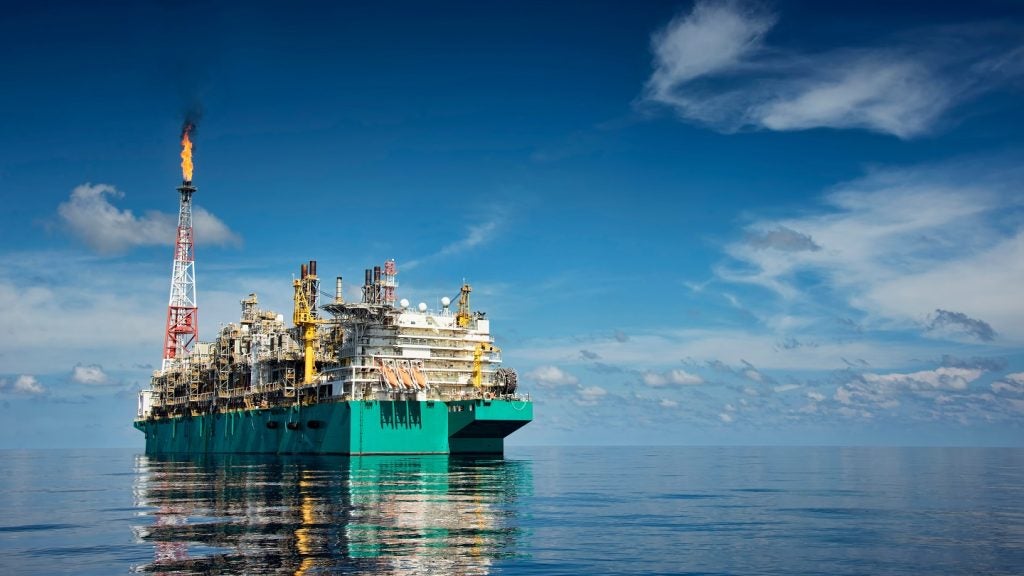
Australia-based engineering company Worley has been awarded a services contract for a residue upgrade project at Aramco’s Ras Tanura refinery.
The project will convert low-value refinery residue into higher-value products, including gasoline, jet fuel and ultra-low sulphur diesel.
Under the contract, Worley will provide early front-end engineering and design (pre-feed), front-end engineering and design (feed) and project management services for the entire project.
The services will cover upgrades to the atmospheric and vacuum gas oil from the crude distillation unit and the atmospheric gas oil from the Khuff condensate unit.
In a statement, the company said that Advisian, its consulting business, led the front-end conceptual studies evaluating multiple process configurations.
Project options
This included the development of cost estimates for possible options, integrating technology licensors and optimising existing brownfield assets.
How well do you really know your competitors?
Access the most comprehensive Company Profiles on the market, powered by GlobalData. Save hours of research. Gain competitive edge.

Thank you!
Your download email will arrive shortly
Not ready to buy yet? Download a free sample
We are confident about the unique quality of our Company Profiles. However, we want you to make the most beneficial decision for your business, so we offer a free sample that you can download by submitting the below form
By GlobalDataMark Brantley, president of Europe, Middle East and Africa at Worley, said: “Worley has a long-standing relationship with Aramco and this important project builds on our extensive experience at the Ras Tanura refinery.
“We will combine our global refining and in-kingdom engineering and project management expertise to continue delivering sustainable operations to Aramco, while also remaining committed to upskilling our Saudi workforce.”
Between 2007 and 2013, Worley provided feed and project management services for the refinery’s major expansion.
Worley’s scope also covered modifications to the refinery to comply with future environmental regulations.
The Ras Tanura refinery is the oldest and one of the largest crude oil refineries in Saudi Arabia. The complex has a refining capacity of 550,000 barrels a day (bpd).
The facility also has a 305,000bpd natural gas liquids (NGL) processing facility, a 960,000bpd crude stabilisation facility, combined steam and gas turbine electrical power generation plants with a capacity of 145/158MW (summer/winter), and a combined 150lb and 600lb steam capacity of 6,217 million pounds an hour.
It has 75 crude oil and products storage tanks with a combined capacity of 5.8 million barrels.
The Ras Tanura refinery’s major facilities include a 325,000bpd crude distillation unit, a 225,000bpd gas condensate distillation unit, a 50,000bpd hydrocracker and 107,000bpd of catalytic reforming capacity.
The facility is Aramco’s only refinery to contain a Visbreaker processing unit, with a 60,000bpd capacity.
The Visbreaker reduces the quantity of residual oil produced in the distillation of crude oil and increases the yield of more valuable middle distillates, heating oil and diesel.
The refinery complex also produces 17,000bpd of asphalt, more than any other refinery in Saudi Arabia.
Ras Tanura receives crude feedstock from the Abqaiq, Safaniya and Manifa oil field developments.
Crude is typically transferred to Ras Tanura through a pipeline and can also be supplied by ship.
Most of Ras Tanura’s production is transferred to the Dhahran bulk plant for domestic use, while some products are exported from the nearby Ras Tanura shipping terminal.
Energy Transition in the Middle East
A major new report from MEED looks at how the global shift away from fossil fuels is reshaping energy policy in the Middle East and North Africa, and its impact on business and project investment.
Learn more about the report here
This article is published by MEED, the world’s leading source of business intelligence about the Middle East. MEED provides exclusive news, data and analysis on the Middle East every day. For access to MEED’s Middle East business intelligence, subscribe here.






Related Company Profiles
MEED
Aramco
Advisian
Worley Ltd.